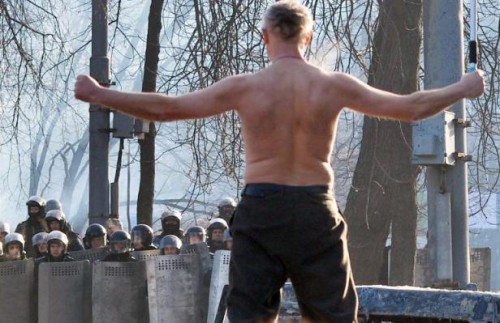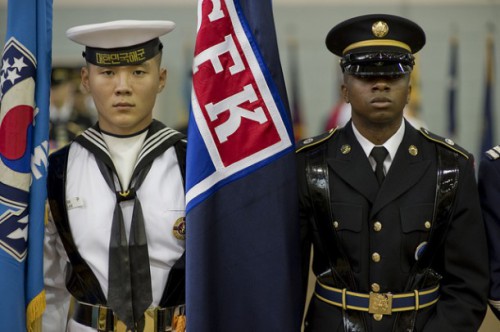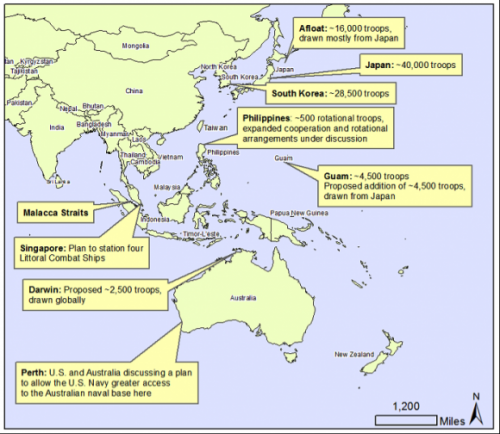
US Presence in Eurasia and Its Impact on Security and Military Arrangements of This Region
Ex: http://www.geopolitica.ru
The Eurasian region has been gaining in importance due to a variety of reasons. These reasons can be divided into the three main categories of economics, military – security (including strategic and geopolitical), and the international environment.
Introduction
Four major components delineate the overall security approach that the United States has adopted in its international relations. They include recognition of the enemy and the risk posed by “others” (including the former Soviet Union, Communism, Muslims, China, and so forth), geopolitics, strategy, and realism.[1] These components have been highlighted by a great number of experts in international relations.[2] They construct a framework for the United States’ international relations in which such principles as the definitive existence of the enemy and the need to confront it on the basis of the formulated laws of the United States and the West, in general, create the bedrock for the establishment of relations with other countries.[3] At the present time, the United States, in particular, and the West, in general, are moving their strategic focus toward the main heartland of the earth, or Eurasia. However, in its core, this sensitive region is host to two major perceived enemies of the United States, i.e. China and Russia, as well as smaller enemies, including India and the World of Islam.
Eurasia accounts for more than 70% of the population, gross national product (GNP), and economic exchanges of the world.[4] This region also contains what is being described in economic and security arguments as the new Silk Road. It is also home to different routes used for economic exchanges, transfers of energy, and the establishment of security, as well as promoting cultural and tourism exchanges, especially with Asia tourism as its main axis.[5] In view of the specific conditions that currently govern this region, it is expected in less than 10 years from now to become the main focus of international politics and take the center stage in future political conquests by the West.
US Presence in the Region: Reasons and Tools
The Eurasian region has been gaining in importance due to a variety of reasons. These reasons can be divided into the three main categories of economics, military – security (including strategic and geopolitical), and the international environment. Here is a list of the reasons behind this and the tools being used to promote the US presence in Eurasia:
1. BRICS: The group of countries known as BRICS (Brazil, Russia, India, China, and South Africa) is considered to be one of the most securitized areas of political economics in the world, as its member states are collectively expected to account for 20% of the economic output of the world during the next 20 years. Three of the countries that constitute the BRICS group, i.e. India, China, and Russia, are located in Eurasia.[6]
2. Oil reserves: The United States has started to boost its domestic oil and gas production. As a result, it will have no need to import exogenous oil in the future and, as a result, future fluctuations in global energy prices will not be able to have a rapid and direct impact on the US economy.[7] As a result, the United States will have a winning trump card in its hand and will certainly use it against the European Union and China.
3. NATO: Continued expansion of the North Atlantic Treaty Organization (NATO) into Eurasia will further increase the influence of the United States in the heartland of the world and, thus, pave the way for an increased military presence of the United States and the European Union in this region.
4. Islamism: After Samuel Huntington and a number of other Western thinkers offered their theories in the 1980s about the ideological threats posed to Western civilization by Islam and other Eastern rites and religions, especially the Chinese Shinto[8], the West, in general, and Europe, in particular, started to pay more attention to this part of the world. As a result, the Western countries have been waging military conflicts in the Middle East while getting engaged in an economic confrontation with the countries of East Asia. The popular uprisings in the Arab world have led to the establishment of national states in many Islamic and Arab countries in the Middle East and triggered new waves of the institutionalism of political Islam. Therefore, at the moment, the modern and secular states in Eurasia are not solely faced with the liberal-democratic model of the West, but see in front of them a complete set of various models of governance. The political developments that followed the Arab Spring and, finally, the crisis in Syria have shown that instrumental use of religious radicalism can work as a double-edged sword that may even target the national interests of the European countries as well. This is why the West has been making revisions in its previous plans to use fundamentalism against China in the Eurasian region.
5. Russia: The ability that Russia has for knocking major international equations off balance, especially in continental Europe, has caused that country to be perceived by the West as a major threat against the new international order.
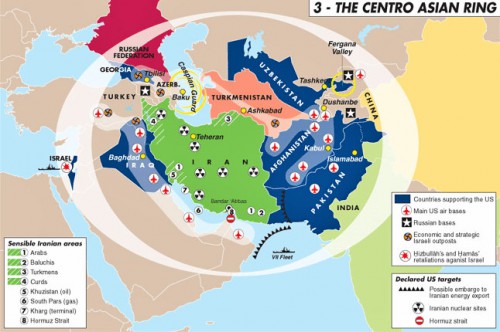
Military and Security Issues in Eurasia
The United States implements its supervision over various countries in the world through an integrated network of military bases and their related facilities that are scattered all across the globe. The United States is currently running 737 bases in which its Air Force, naval forces, and the US Army, as well as Washington’s intelligence and espionage activities, are managed throughout the world.[9] On the whole, a total of 255,065 US military personnel are currently deployed to various countries. In Eurasia, the United States is running operational bases in the Middle East, Central Asia, Indonesia, the Philippines, and Japan. Most of these bases are used for the purpose of espionage activities and collecting intelligence. The largest portion of the US’ military forces outside the United States is stationed in Washington’s military bases in Southeast Asia. In Central Asia, about 1,000 people are now posted at the US airbase in Manas(Kyrgyzstan), and 38 people are manning the US’Krtsanisi base in Georgia.
As put by the secretary of the World Peace Council (WPC), in Central Asia, the raison d’être for the establishment of the United States’ military bases is not to use them simply to achieve Washington’s military goals or directly intervene in other countries. These bases, on the other hand, have always been used to promote the economic and political goals of the capitalistic system that rules the United States of America, he added. The American companies, as well as the US administration, have shown keen interest in the establishment of a safe corridor for the transfer of oil from US-controlled reserves in order to guarantee that they will be taken advantage of in the long run. They have shown this interest by embarking on the construction of oil and natural gas transfer pipelines which are supposed to carry oil and gas resources of the Caspian Sea and Central Asia through Afghanistan and Pakistan onwards to the Arabian Sea. This region (Central Asia and Caspian Sea) is home to more than 6% of the proven oil reserves of the world, as well as about 40% of global natural gas resources.[10]
The distribution of the US military bases in the region is such that they have practically surrounded the Middle East region. Situated at the center of that siege is the Islamic Republic of Iran as the heartland of the Middle East. This deployment of forces is currently moving toward the mainland of Russia and China. If the existing US military bases in Eastern Asia were added to the above list, we would see that the US military has actually laid siege to an entire region, that is, Eurasia, which contains all the modern energy transfer and economic routes. The US Navy has also been used to support this siege.
Global Defense Expenses
The highest level of defense expenses in the world can be seen in the North America region, which accountsfor 42% of the total defense expenses in the world. Russia and Eurasia collectively account for only 4.4% of the world’s defense expenses.
Graphical representation of global defense expenses sorted by regions in 2013 (the military balance, 2013)[11]
North America 42%
Europe 17.6%
Russia and Eurasia 4.4%
Asia & Australia 19.9%
Top Countries of the World in Terms of the Number of Military Staff
In terms of the number of military personnel, China, the United States, India, North Korea, Russia, South Korea, Pakistan, Turkey, and Vietnam are the top nine countries of this ranking in the world. Also, in terms of the total number of military personnel, China ranks the first with a wide margin as compared to the next eight countries on the list. China is followed by the United States and India, which have almost similar numbers of military personnel and respectively rank the second and third in this regard.
According to figures released by the Central Intelligence Agency (CIA), the United States is credited for having the world’s largest military budget, which accounts for about 48% of the total money spent on military affairs in the world. According to the latest figures, the total annual military budget of the United States stands at $711 billion.
The Stockholm International Peace Research Institute (SIPRI) has announced that the United States, China, Russia, Britain, Japan, India, France, Germany, Italy, and Saudi Arabia are the world’s ten top countries in terms of the volume of their military budgets. However, the United States is still far ahead of the other countries in terms of military spending, as its military budget is four times higher than that of China and more than total military budgets of the next nine countries that succeed the United States on this list. Of course, the United States has been trying to reduce its military budget in recent years as a direct result of the budget deficit that has hit the country during the past few years. On the other hand, major European military powers such as Italy, France, and Britain have been also reducing their military budgets as well. On the contrary, however, the military spending in China has moved in an opposite direction to major global trends between 2011 and 2012. As a result, it has increased about 8% during that period and has risen more than 47% since 2008. The military budget of China saw an increase of 10.7% in 2013 to hit $119 billion. The country’s military budget had already seen an 11% increase in 2012 as well.[12]
New Military and Security Arrangements in Eurasia
A. Underlying Advantages of Big Regional Armies
The sharp increase in the military budgets of China, Russia, and other Asian countries is not only due to an economic factor, but it is also an outcome of their threat perception of their immediate neighbors. Another important factor that has prompted these countries to increase their military spending is the presence of superpowers, in addition to NATO forces, in their surrounding environment.
It should be noted that NATO and American forces rely more on naval and air forces, which are in turn backed by marine and land bases. Also, according to a prominent theory of international relations, one of the main reasons behind the rise of the Western powers since the 1400s has been the expansion of their naval forces and the subsequent rise in their power and ability to conquer new colonies. This was firstly true about the Netherlands, Portugal, Spain, and Britain, followed by the United States, which greatly expanded its military might following the end of World War I. As a result, marine geopolitics has played a great role in the expansionist efforts of these governments. Therefore, in order to compare the military and strategic powers of different countries, especially with a futuristic approach, most analyses focus on the historical background of these countries and the tools that they use to enforce their maritime power.
It should be noted that during the recent wars it has waged in the region, the United States has scored military victories through the efficient use of its powerful Air Force, which enjoys strong logistical support, as well as the behind-the-scenes support of its advanced intelligence and espionage facilities and equipment. It was due to this heavy reliance on the Air Force that the US Army did not have to deploy infantry forces to engage in land wars. The US Air Force, for its part, is supported by the country’s naval ships and destroyers, which are positioned in free waters, as well as in common territorial waters and air bases. It also has the advantage of using advanced and heavy military equipment in its operations. It is well known that the American military is quite capable of scoring rapid victories in wars, but is not similarly capable of winning in peace, meaning that it is not capable of maintaining the territories it has conquered.
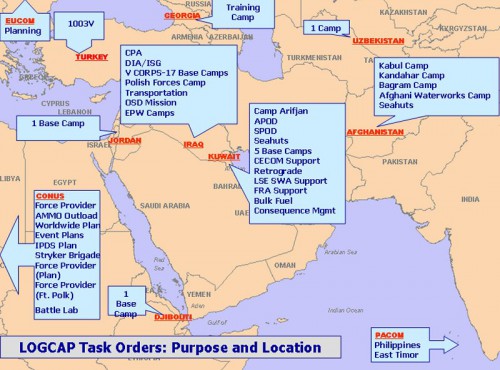
At the same time, the Russian and Chinese armies are more focused on land forces and, therefore, enjoy powerful infantry forces, as well as special equipment that has been engineered to perform well in land wars on both large and small scales (including guerrilla warfare). The main advantage of the Russian army is its extensive use of missile technology, which has posed a serious challenge to the military might of rival countries by producing some of the most modern air defense weapons. The main advantage of the US military is the use of integrated intelligence and reconnaissance systems which provide the ground for better management of the war theater. More than anything else, China is known for the great number of its military forces. As a result, and due to the renovation of the Chinese army and its equipment in recent decades, the country has been rising as a serious military force at the global level during the past years.
B. Reliance on the Navy
The Eurasian regional powers’ increased attention to the seas has been quite evident. There has been remarkable competition and differences between Japan and China over adjacent seas and disputed islands. Such competition and disputes have also existed between Japan and Russia, Russia and China, and among the Southeast Asian Tigers (which include South Korea, Singapore, Malaysia, and Indonesia). Military experts and analysts of geopolitical issues are of the opinion that the extensive military activities by the powerful Chinese Navy in the South China Sea, as well as in the East China Sea, which contains the islands that are disputed with Japan, South Korea and Taiwan, have prompted the United States to send more naval forces to this restive part of the world. The new tug of war between the two military superpowers of the world, i.e. the United States and China, has turned the Southeast Asian waters into a live and permanent exhibition of both countries’ naval forces.
During the past two decades, China has taken great strides to strengthen its national army, especially its naval forces, so that the Chinese Navy is now among the most powerful naval forces in the world.
Many analysts are now concerned that the US effort to establish its domination over the entire Southeast Asia region and the rivalry that exists in this regard between Washington and Beijing will finally lead to escalation of the situation in that region and even end in all-out naval warfare.
C. Regional Powers and Role of Regionalism
Modern international relations are more and more moving toward regionalism. The main outcome of this trend in Eurasia has been the increasing importance of regional powers. Apart from Russia and China, which have been established as dominant powers in this region, the roles played by such countries as India, Pakistan, Iran, and Turkey should not be easily ignored. The promotion of regionalism in Eurasia will be characterized with a dominant role for Russia as the main regional hegemonic power, which will also play a very important role in the formation of regional alliances. Iran will also play a prominent security and anti-security role, especially through the challenge that it poses to this regional hegemonic power, as well as to other regional and transregional hegemonic powers.
The regional role played by China has gone well beyond a purely economic role and has taken on serious security and military aspects, especially following the establishment of Shanghai Cooperation Organization (SCO). On the whole, regional countries will move toward the conclusion of a collective regional security treaty[13], which was previously hoped to be negotiated within the framework of the SCO. However, this organization has been already challenged by Russia and Turkey. Russia is of the opinion that a “collective security treaty” should be aimed to serve as a counterbalance to NATO. Unlike the SCO, which is characterized by the dominant role of China and is being managed according to this pattern, such a proposed security treaty would be based on the regional influence of Russia.[14]
In the meantime, the political activities of another major regional power, namely, Turkey, should not be ignored. Using various means, Turkey is trying to increase its influence on the geopolitical arrangement of Eurasia. Following the rise of the idea of Neo-Ottomanism, Turkey has been trying to organize its regional and transregional plans and strengthen them by encouraging the signing of pacts among various states.[15] The establishment of the Organization of the Eurasian Law Enforcement Agencies with Military Status in 2013, which has Turkey, Kyrgyzstan, the Azerbaijani Republic, and Mongolia as its members; the establishment of the Cooperation Council of Turkic Speaking States in 2009, whose members are the Azerbaijani Republic, Kazakhstan, Kyrgyzstan, and Turkey; as well as the introduction of the Eurasia Army, which includes the military forces of the Azerbaijani Republic, Turkey, Kyrgyzstan, and Mongolia, and which is supposed to replace the Association of the European and Mediterranean Police Forces and Gendarmeries with Military Status, are among the major efforts made by Turkey in this regard.[16]
On the whole, Eurasia will experience a remarkable spurt in the military and security fields during the next decade. A collection of economic, military, and security forces have come together in this region, which is also seeing an increasing presence of the superpowers as well. The rise of the Eastern powers has also drawn more attention to the revival of the cultural and historical identities of the countries located in this region and, therefore, this region is expected to become a focus for international attention in the near future. Islamism, Orientalism, traditionalism, Indigenism, fundamentalism, native nationalism, and emerging identities, in addition to the continued growth of the middle class in the Eurasian countries, have given, and will continue to give, birth to powerful social and political currents. From the military and security viewpoints, under the influence of these issues and historical events, and as a result of the experiences gained in the past few decades, major regional powers such as the governments of Russia and China, as well as other regional powers like India, Turkey, and Iran, will be playing a more prominent role compared to the past and this will increase the need for the establishment of new regional security treaties.
[1]Dalby, Simon. American security discourse: the persistence of geopolitics. Political Geography Quarterly, Volume 9, Issue 2, April 1990, p. 171-188
[2]Acharya, Amitav, The Relevance of Regions, ASEAN, and Western IR’s false universalisms, August 10, 2011, www.theory-talks.org/2011/08/theory-talk-42.html; Grovogui, Siba.IR as Theology, Reading Kant Badly, and the Incapacity of Western Political Theory to Travel very far in Non-Western Contexts. August 29, 2013. www.theory-talks.org/2013/08/theory-talk-57.html
[4] Brzezinski, Zbigniew. (1997) Geostrategy for Eurasia, 76 Foreign Affairs. p. 50
[5]Hosseini, S. M., New Silk Roads, Policy Paper; Institute for Humanities Research affiliated with Academic Center for Education, Culture and Research; 2011
[6] Jerry Cohen, Benjamin. Currency Wars and Reviving the ‘Political’ in International Political Economy. 5.9.2008. www.theotytalk.org
[7]Sieminski, Adam . International Energy Outlook . EIA, July 25, 2013
[8] Huntington, Samuel, Clash of Civilizations Theory: Huntington and His Critics, translated by MojtabaAmiriVahid, Tehran, Ministry of Foreign Affairs, 2005
[9]Dismantling the Empire: America's Last Best Hope (American Empire Project), Metropolitan Books, 2010
[11] The Military Balance, 2013
[13]Allison, Roy. Regionalism, Regional Structures and Security Management in Central Asia.International Affairs. Volume 80, Issue 3, May 2004. pp 463-483
[15]Hosseini S. M. et al, European Union in Foreign Policy of Turkey under Justice and Development Party; Central Eurasia Research Center, Fall and Winter 2012-2013, pp. 21-38



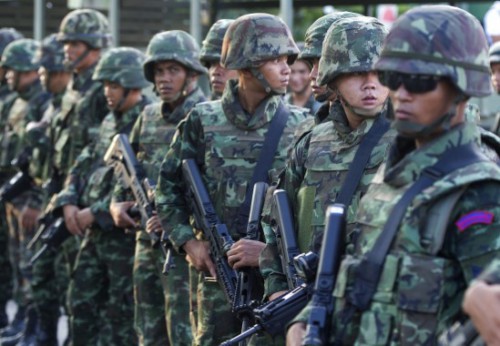

 del.icio.us
del.icio.us
 Digg
Digg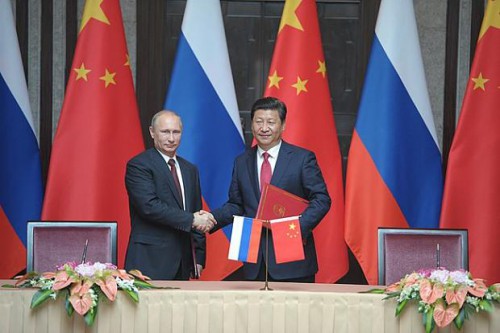

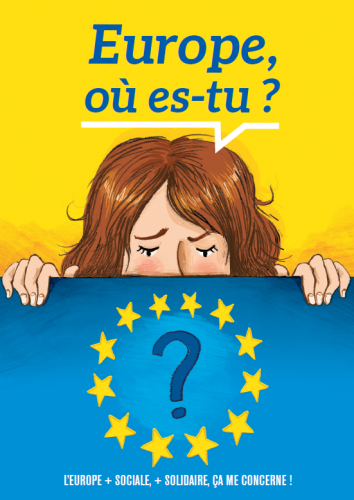

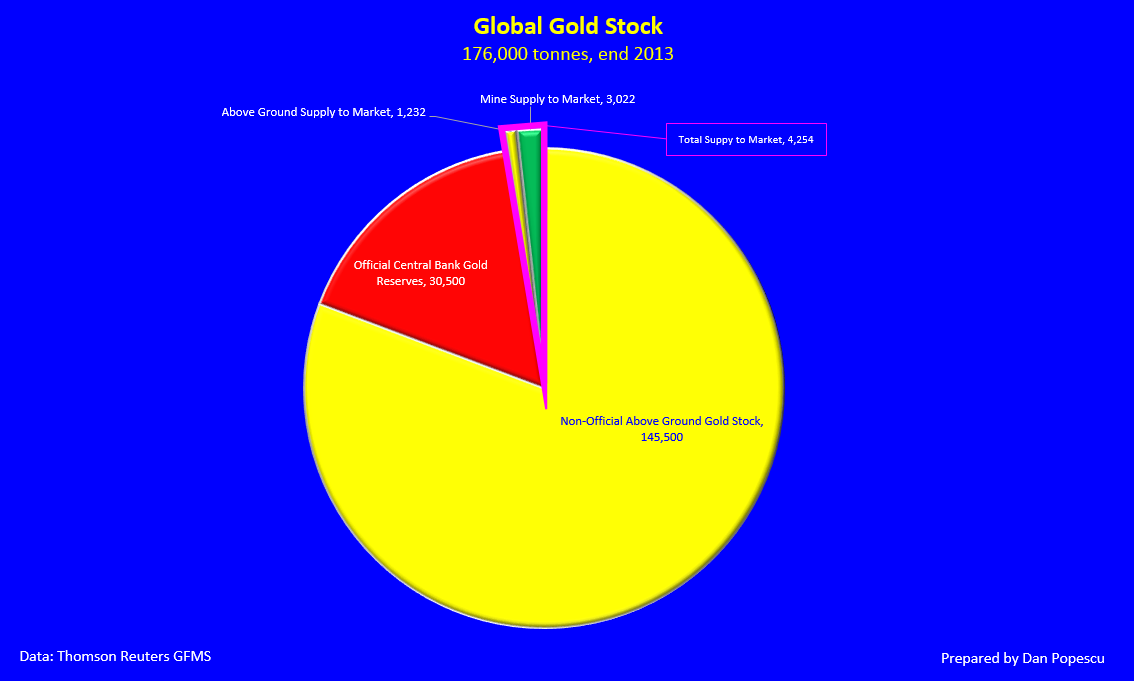
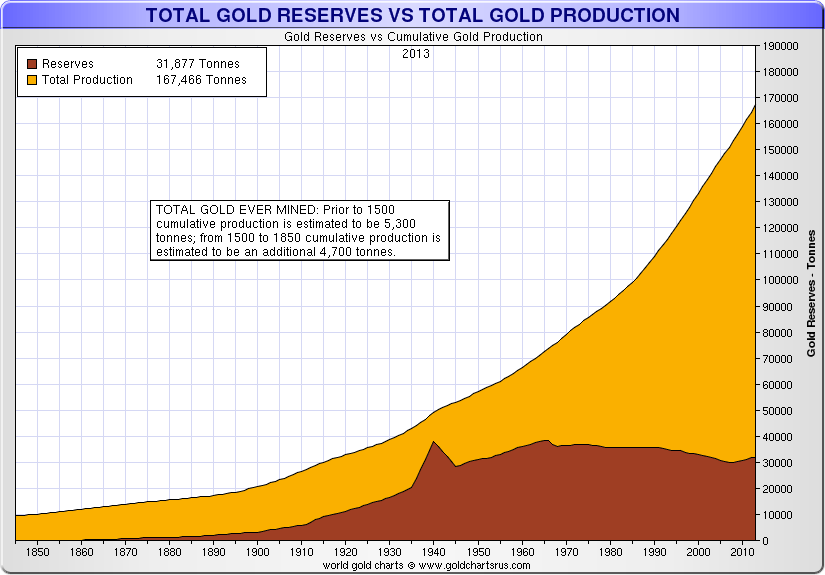
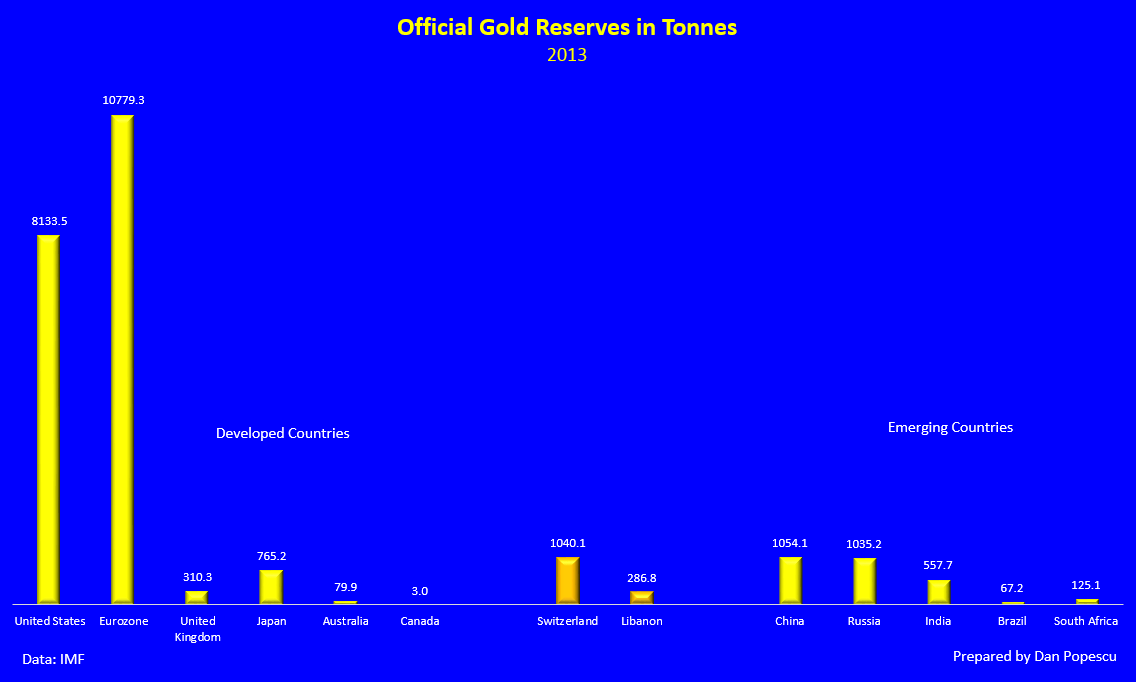
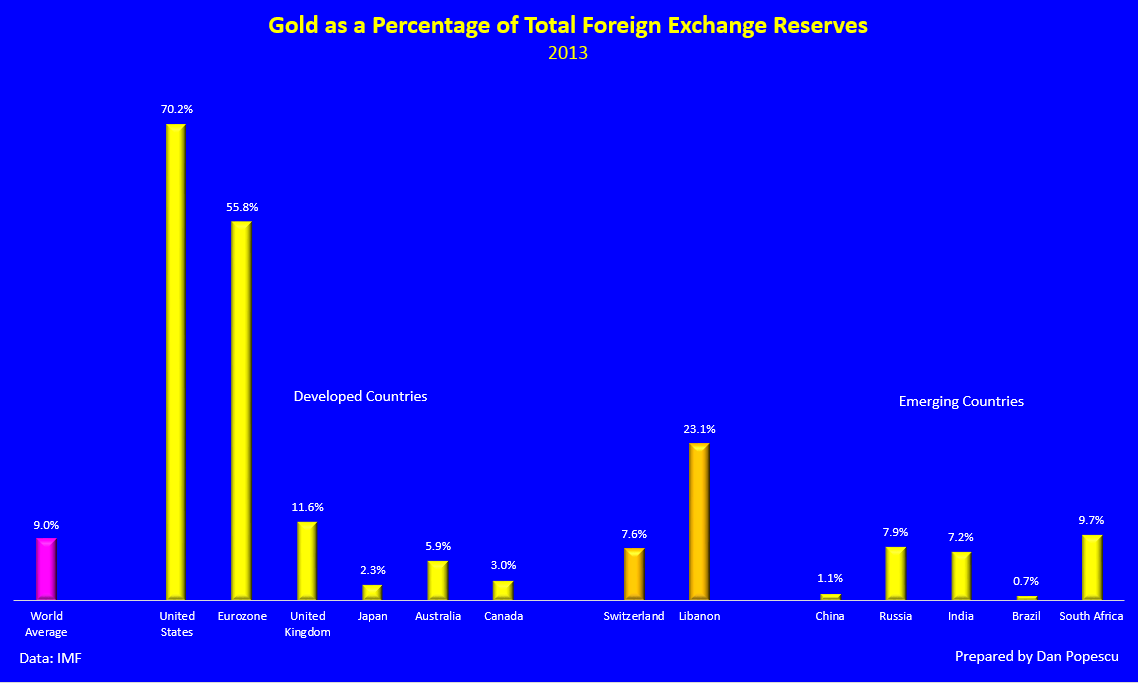
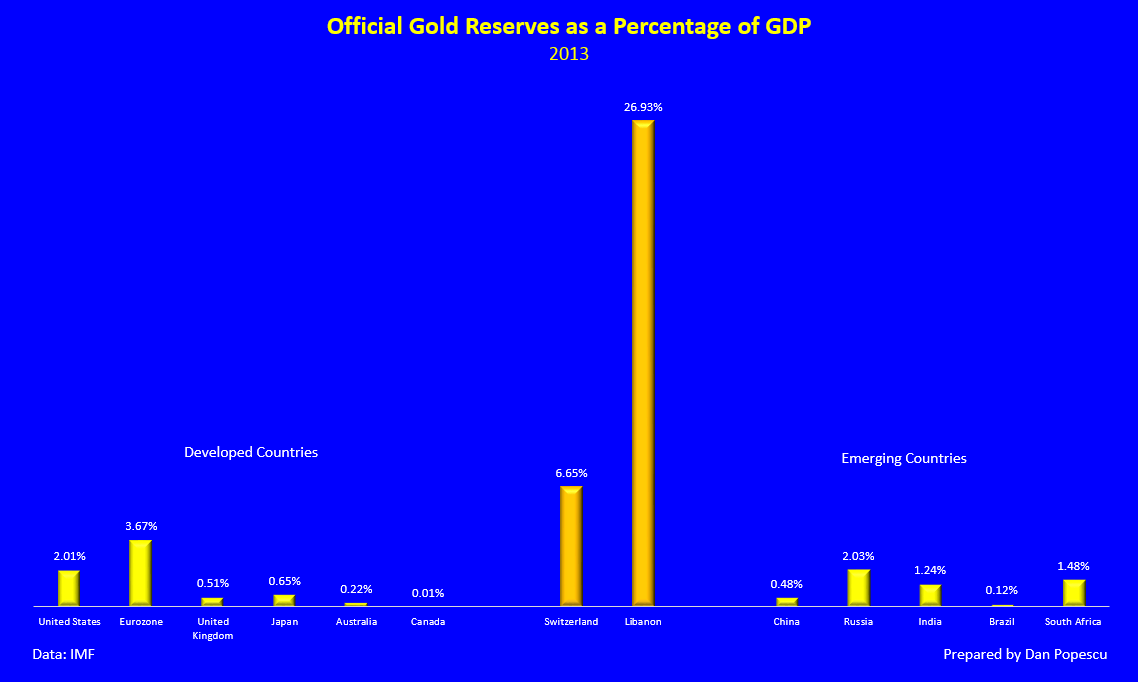
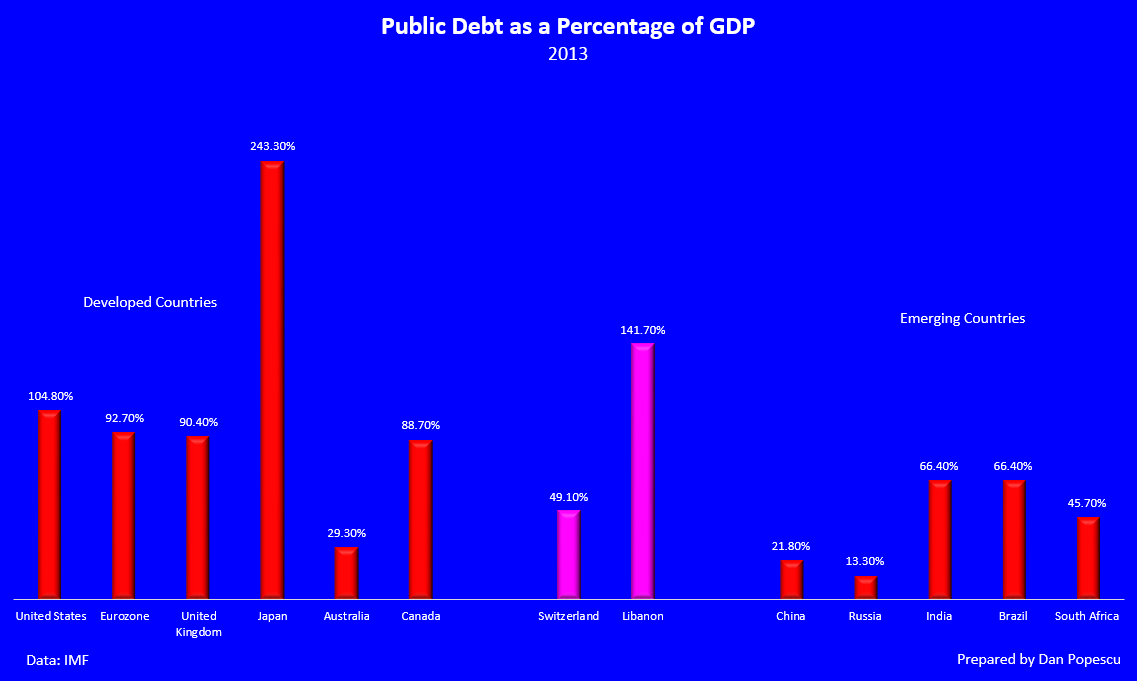
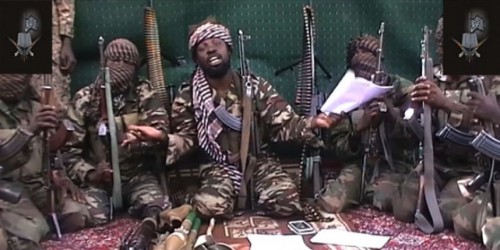
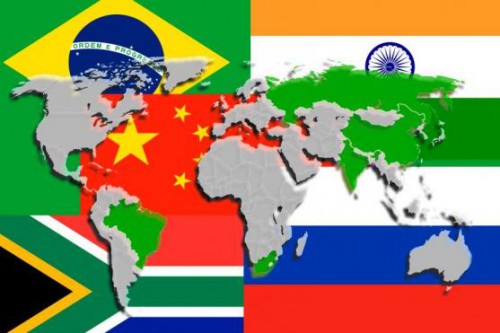
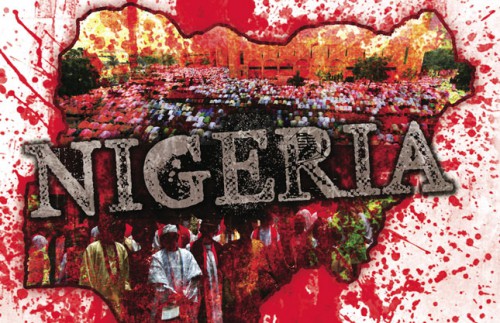
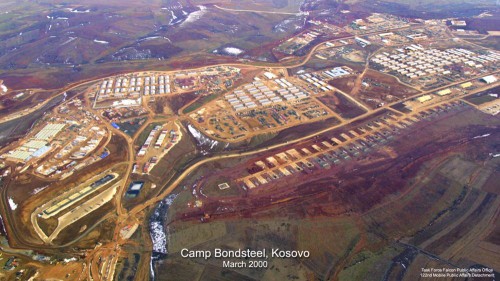


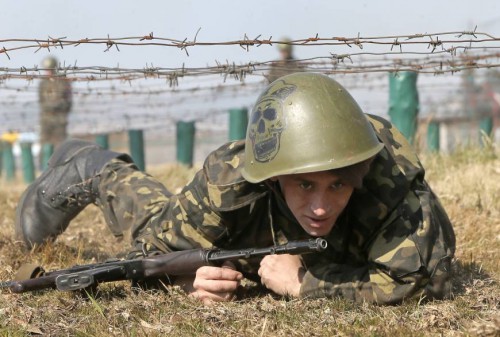
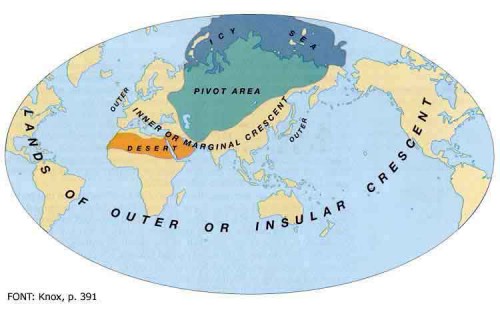

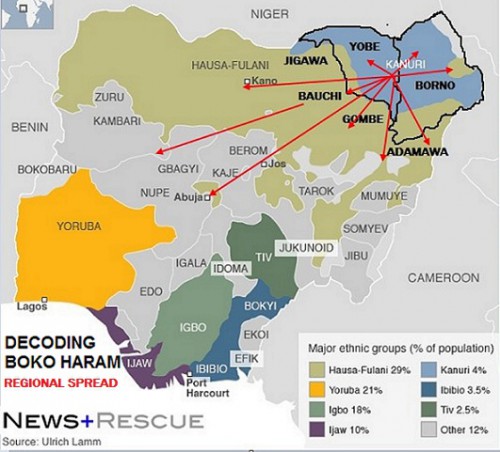
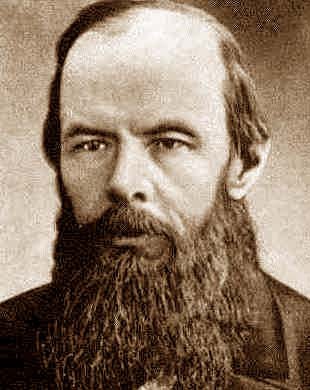 Como es sabido, Tocqueville llegó a predecir que el porvenir del mundo estaría bajo el dominio político de dos grandes potencias, Estados Unidos y Rusia. Desde luego había que ser muy sagaz en asuntos internacionales y un profundo conocedor de las tendencias históricas para profetizar casi siglo y medio antes de que sucediera el condominio del mundo por las dos grandes potencias de la posguerra mundial. Más fácil resulta hoy predecir que el porvenir de Rusia está en Europa y el de Europa en Rusia. Esto quiere decir que, a corto plazo, hablando en términos históricos, el único camino de futuro que se presenta a la encrucijada rusa y a la ruina de la mayor parte de países europeos para mayor gloria de Alemania está en la integración en una magna empresa político-económica europea, que abarque desde Lisboa a Vladivostok.
Como es sabido, Tocqueville llegó a predecir que el porvenir del mundo estaría bajo el dominio político de dos grandes potencias, Estados Unidos y Rusia. Desde luego había que ser muy sagaz en asuntos internacionales y un profundo conocedor de las tendencias históricas para profetizar casi siglo y medio antes de que sucediera el condominio del mundo por las dos grandes potencias de la posguerra mundial. Más fácil resulta hoy predecir que el porvenir de Rusia está en Europa y el de Europa en Rusia. Esto quiere decir que, a corto plazo, hablando en términos históricos, el único camino de futuro que se presenta a la encrucijada rusa y a la ruina de la mayor parte de países europeos para mayor gloria de Alemania está en la integración en una magna empresa político-económica europea, que abarque desde Lisboa a Vladivostok.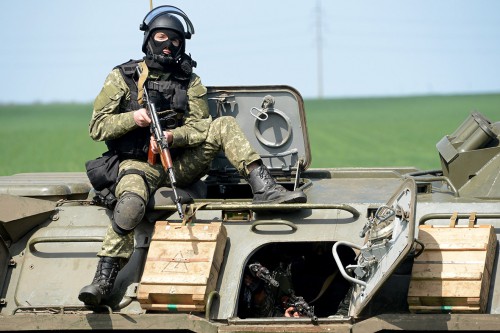



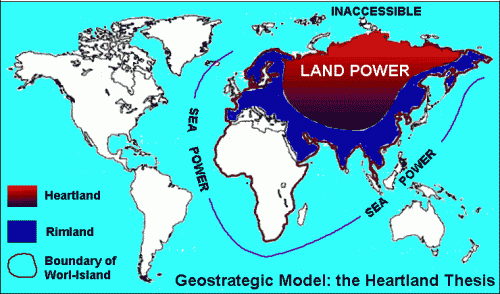
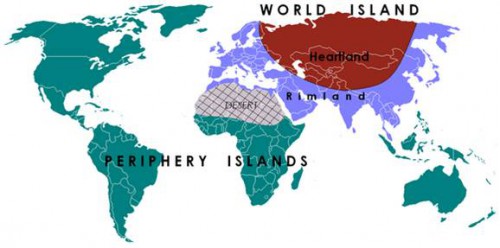
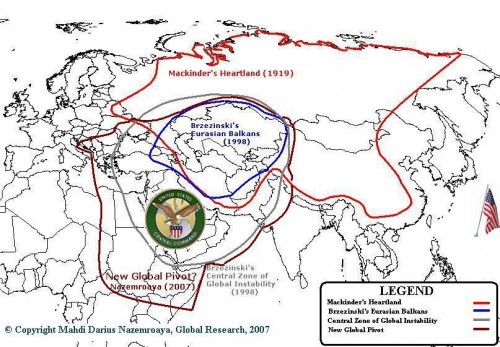
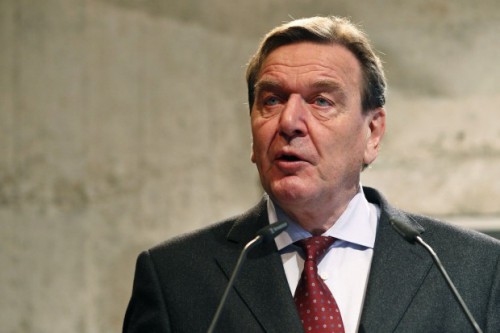
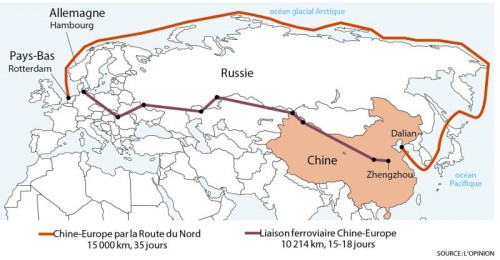
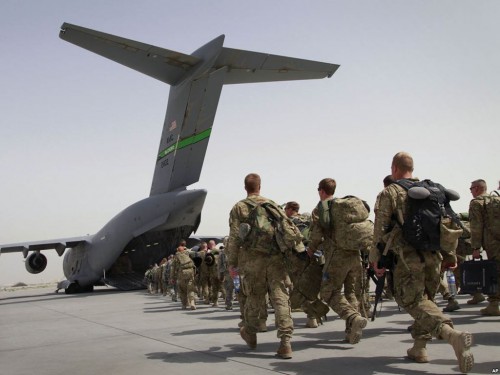
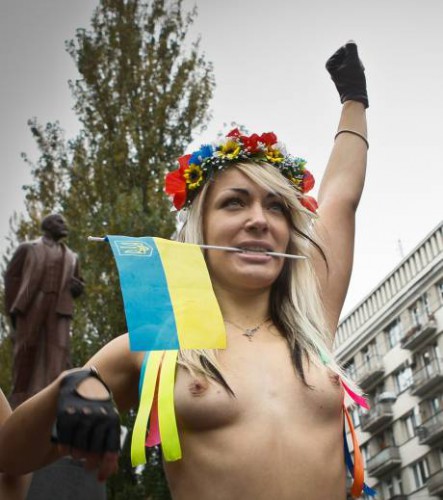 Que nous arrive-t-il ? Tout d'un coup, nous comprenons. Non pas que nous n'avions pas compris mais il subsistait toujours un peu le doute, une interrogation. Qu'aurions-nous fait ? Dans quel camp aurions-nous été ? Que nous réserverait un jour l'histoire ? Nous avions tant lu sur la génération des années 30 de Maulnier à Aragon, de Cocteau à Malraux, de Drieu à Maurras, de Rebatet à Breton, de Bernanos à Sartre que nous sentions bien que leurs positionnements suivaient les aléas de l'Histoire, des familles, des générations politiques, de la clairvoyance intellectuelle, des idées prolétariennes ou bourgeoises voire même de l'avenir de la poésie. Cela nous fascinait.
Que nous arrive-t-il ? Tout d'un coup, nous comprenons. Non pas que nous n'avions pas compris mais il subsistait toujours un peu le doute, une interrogation. Qu'aurions-nous fait ? Dans quel camp aurions-nous été ? Que nous réserverait un jour l'histoire ? Nous avions tant lu sur la génération des années 30 de Maulnier à Aragon, de Cocteau à Malraux, de Drieu à Maurras, de Rebatet à Breton, de Bernanos à Sartre que nous sentions bien que leurs positionnements suivaient les aléas de l'Histoire, des familles, des générations politiques, de la clairvoyance intellectuelle, des idées prolétariennes ou bourgeoises voire même de l'avenir de la poésie. Cela nous fascinait.


